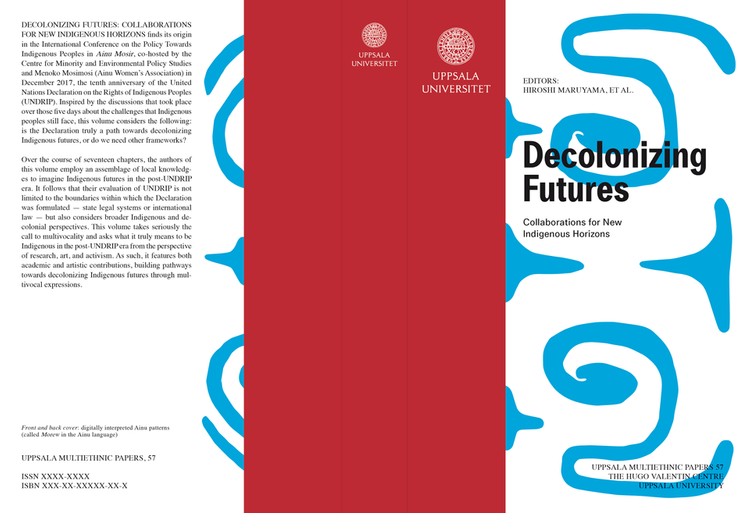How Japan's Politics of Recognition Fails to Fulfill the Ainu's Indigenous Rights (Asia-Pacific Human Rights Information Center)

Read CEMiPoS founder Hiroshi Maruyama and researcher Leni Charbonneau’s joint article published for the Asia-Pacific Human Rights Information Center on the shortcomings of the New Ainu Policy. You can read the full article here.
On 19 April 2019, the Japanese parliament (Diet) passed the New Ainu Policy (NAP) that replaced the 1997 Ainu Cultural Promotion Act (ACPA). When the NAP bill was proposed on 15 February 2019, news of the bill was swiftly picked up by both the Japanese and international media. The majority of the news reports depicted the bill as a positive measure and inferred that it would serve as Japan’s long overdue recognition of the Ainu as Indigenous Peoples. This is a pattern that has reemerged and continued with the news of the Japanese Diet’s passing of the bill into law, as widespread praise continues to resonate through the media circuit over Japan’s recognition of the Ainu.
This recognition is in many ways a culmination of generations of Ainu struggle against the colonial Japanese government and, to echo the sentiment of many other commentators on the matter, can be seen as a step forward.1 This article, however, will shed light on the misguided perception of Japan’s NAP by the media, and will voice caution on the implications of the supposed recognition of the Ainu embedded within the policy. We argue that the NAP is a continuation of the colonial domination to which the Ainu have been subjected to for generations under the Japanese state. This stance has two critical dimensions. First, the operation of the politics of recognition in the Japanese colonial context preserves the exploitation of marginalized communities like the Ainu. Second, the Japanese government through the NAP merely reinforces its constraints over Ainu self-determination and autonomy. In doing so, we demonstrate that the media, in promoting these recent movements by the Japanese government, can be complicit in the reproduction of an exploitative colonial order when it fails to critically assess the motivations steering Japan’s “recognition” of the Ainu. This approach is based on a distinction between genuinely transformative action and affirmative operations, the latter works only to support the status quo. True transformative action, we argue, is found both in the critical voices of the Ainu, which the government is continuing to obscure through symbolic facades like the “recognition” offered by the NAP, and a genuine confrontation with colonial history.




